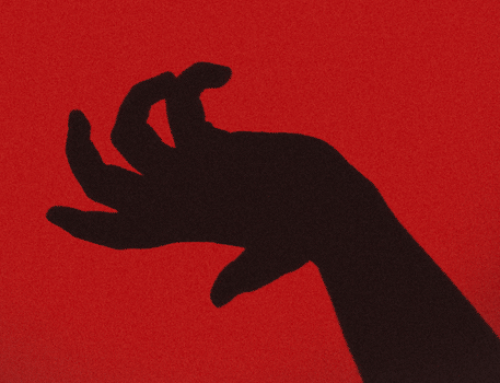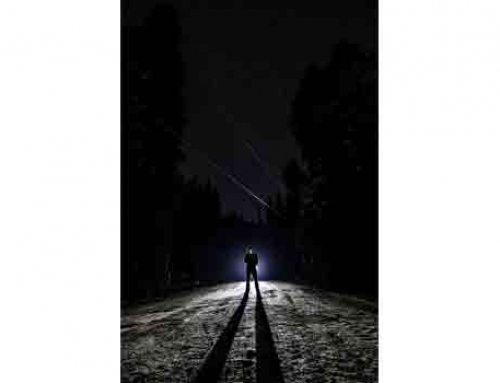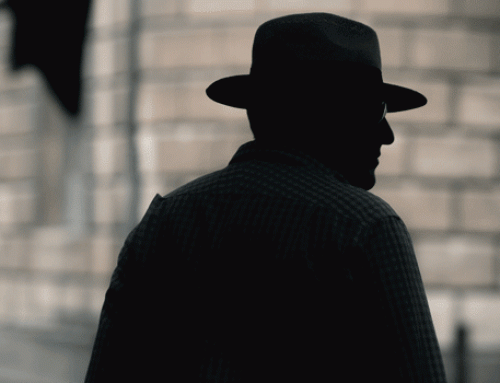The Yorkshire Ripper, Peter Sutcliffe. ‘Doris Stokes was far from the only clairvoyant offering advice to the West Yorkshire police in their bungled inquiry.’ Photograph: Rex Features
Doris Stokes, who died in 1987, was once Britain’s most famous psychic, filling the London Palladium for her shows and appearing regularly on television. When the hunt for the Yorkshire Ripper was at its height in 1979, the Sunday People asked Stokes to see if she could identify the killer and on 1 July gave over its front page to her findings, with an artist’s impression of the man she felt was responsible.
The person the police should be looking for, she suggested, was called Johnny or Ronnie, his surname began with an M, he came from Wearside or Tyneside and he was clean-shaven with a slight bald spot. When the bearded Peter Sutcliffe was arrested and eventually confessed in 1981 to 13 killings, Stokes’s prediction was already long forgotten.
Now the suggestion, in a consultation document produced by the College of Policing, that psychics could play a part in investigations has raised the issue once again. “High-profile missing person investigations nearly always attract the interest of psychics and others, such as witches and clairvoyants, stating that they possess extrasensory perception,” states the draft, cautioning that this should not distract attention from the overall investigation. “The person’s methods should be asked for, including the circumstances in which they received the information and any accredited successes.”
It is understandable how family members may be open to stories from psychics as to what has happened to their loved ones
Those accredited successes are hard to find. Stokes was far from the only clairvoyant offering advice to the West Yorkshire police in their bungled inquiry. A Dutch clairvoyant informed them that the killer was probably a washing-machine mechanic aged 27 and living in Aberdeen, which obviously didn’t match Sutcliffe’s profile either.
Written by: Duncan Campbell
Originally Published by The Guardian – Tue 1 Sep 2015 05.12 EDT





